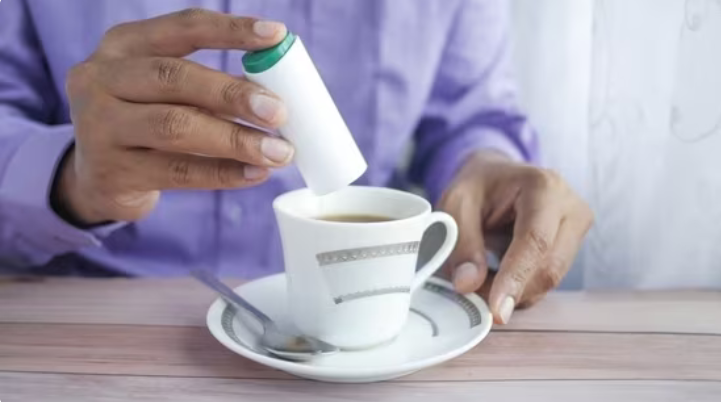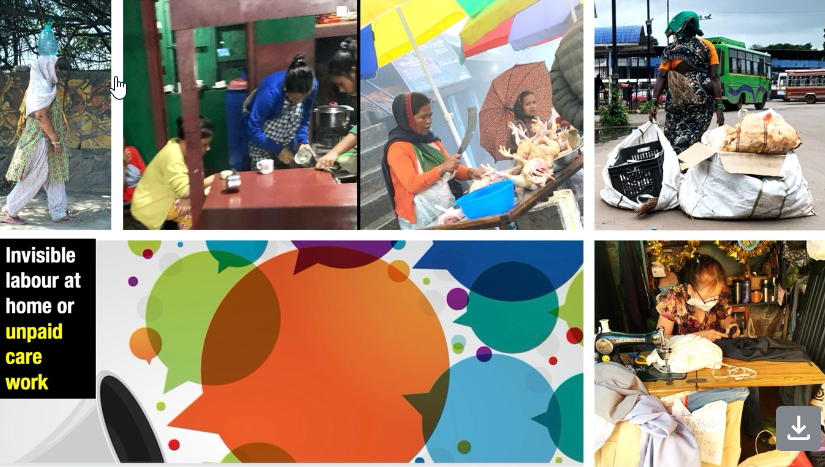In the quest for healthier living and weight control, the World Health Organization (WHO) is sounding a cautionary note against the use of non-sugar sweeteners (NSS). The WHO's recommendation stems from a thorough review of available evidence, indicating that the long-term use of NSS doesn't offer significant benefits in reducing body fat for both adults and children.
Contrary to the belief that NSS helps in weight management, the findings suggest potential downsides, including an increased risk of type 2 diabetes, cardiovascular diseases, and overall mortality in adults. Francesco Branca, WHO Director for Nutrition and Food Safety, emphasizes, "Replacing free sugars with NSS does not help with weight control in the long term. People need to consider other ways to reduce free sugar intake, such as consuming food with naturally occurring sugars, like fruit, or unsweetened food and beverages."
Branca adds a crucial point, stating, "NSS are not essential dietary factors and have no nutritional value. People should reduce the sweetness of the diet altogether, starting early in life, to improve their health."
The WHO's advice against non-sugar sweeteners (NSS) is universal and meant for everyone except those with pre-existing diabetes. It encompasses all varieties of non-nutritive sweeteners like synthetic, naturally occurring, or modified. These sweeteners often make their way into processed foods and beverages or are purchased separately for personal use. Common NSS include acesulfame K, aspartame, advantame, cyclamates, neotame, saccharin, sucralose, stevia, and stevia derivatives.
It's imperative to recognize that this guideline does not extend to personal care items such as toothpaste, skin creams, and medications that may contain NSS. Additionally, low-calorie sugars and sugar alcohols (polyols), despite having calories, are not classified as non-nutritive sweeteners under this recommendation.
In essence, the WHO is encouraging to rethink of sweetening choices, especially in the realm of food and beverages. Whether you find these sweeteners in your favourite snacks or use them to sweeten your coffee, the advice is clear (consider alternatives), particularly those with naturally occurring sugars, for a healthier and more balanced approach to sweetness in your diet. It's a call to reassess our relationship with sweetness and make choices that contribute positively to long-term health.
This WHO guideline on NSS is part of a broader initiative focused on promoting lifelong healthy eating habits, improving dietary quality, and reducing the risk of non-communicable diseases globally. So, the next time you reach for that sweetener, think twice

 Whether you find these sweeteners in your favourite snacks or use them to sweeten your coffee, the advice is clear (consider alternatives), particularly those with naturally occurring sugars, for a healthier and more balanced approach to sweetness in your diet.
Whether you find these sweeteners in your favourite snacks or use them to sweeten your coffee, the advice is clear (consider alternatives), particularly those with naturally occurring sugars, for a healthier and more balanced approach to sweetness in your diet.
















.jpg)












_elected_as_global_president_of_the_world_congress_of_ophthalmic_anaesthesia.jpg)



